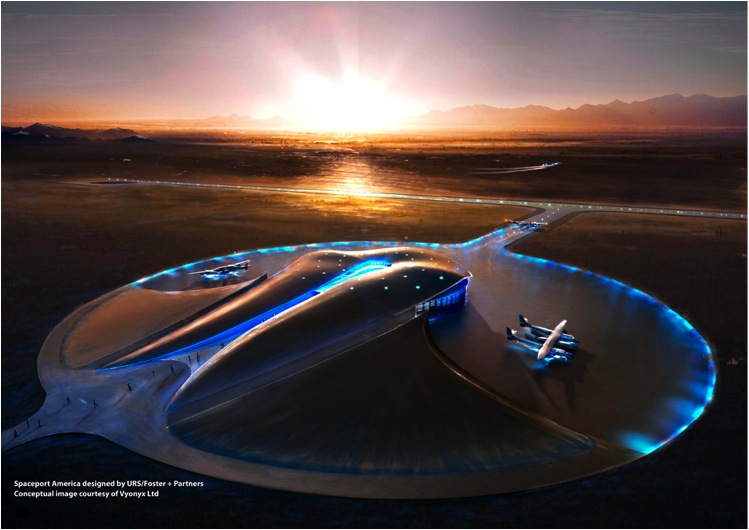Insights · July 1st, 2009

Last week I spoke to the Travel and Tourism Research Association on alternative futures for travel and tourism. It was the 40th Annual Conference of the association, held in Honolulu, and my appearance was coordinated by Goldstar Speakers. The key slides from my brief program are available for download via Slideshare.
I asked where the future of travel and tourism lies, between the vision of a Virgin Galactic for space adventure, and that of the creators of the Null Stern Hotel in Switzerland, meaning the “zero star†hotel in recognition of the current and future austerity of travel?
The heart of the program focused on 4 converging forces driving the future, and 4 emerging trends in travel and tourism. As a futurist speaker who tries always to see the 360-degree view of future forces, I began with a run-down on the primary forces shaping our time and which I see converging into one grand pattern – economic disparity and frugality, expensive energy, demographic destiny related to aging, young and diverse populations, and environmental imperatives with associated changes in life styles.
In the travel and tourism industry these forces are leading to 4 emerging trends:
1. Keeping it local. If trends in energy, economy, and environment continue, then traveling long distances for recreation will become more rare. In order for the resort community to maintain a market, they will need to cater more to a local clientele. This is captured in the concept of the 10-kilometer hotel, one whose prime customers come from the local area for a respite.
2. Alternative transport. Today the local paper in Seattle featured a photo of a local organic farmer delivering his wares via sailboat to the docks in Seattle. He calls it the no-oil food. In the travel and tourism industry this kind of move will be and is being mirrored as people seek out non-motorized experiences like biking through France, or taking trips by sail. Over the longer term, again depending on how energy, environment, and economic trends play out, it is likely that tourists will seek out slower, less energy intensive, even zero-fossile fuel energy experiences.
3. Destination evolution. This trend is underway, as destination resorts focus on becoming greener and more sustainable, more local in their attraction, more astute in their use of information technology for advertising and for management, and more knowledgeable of market trends via research.
4. New whys of travel. It is said that there is graffiti from ancient tourists on the monuments in Egypt. People have always and will always travel to see new places and people, even if they have to walk or ride an animal to do so. That is not going to change. But, one more time depending on how the converging trends play out, we may see a return to the why of travel being for two primary purposes – to visit family, and to seek new adventure. Business travel may decline as 3D-net technologies become robust, and distance travel may decline as economic and environmental imperatives demand. Local travel may fill the need for reconnecting with yourself and recharging the batteries. In fact making that a focus of what you offer in the travel and tourism industry may be one key to the future.
Glen Hiemstra is a futurist speaker, consultant, blogger, internet video host and founder of Futurist.com. To arrange for a speech contact Futurist.com.

